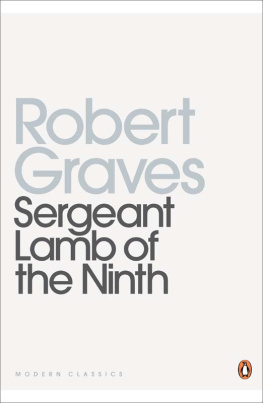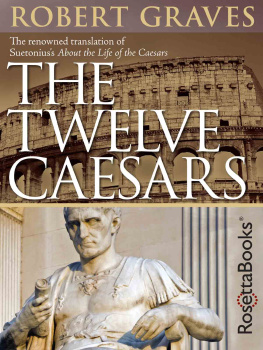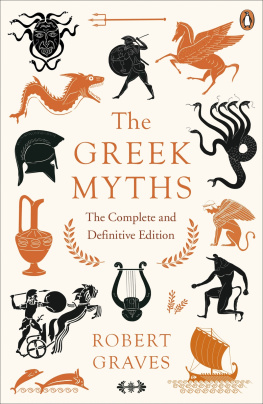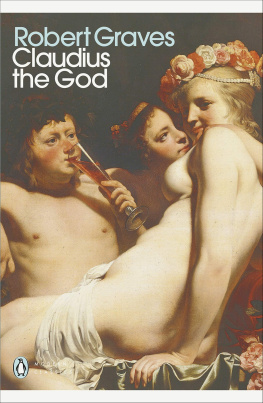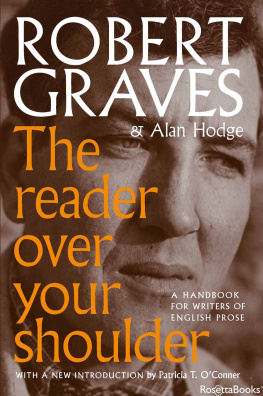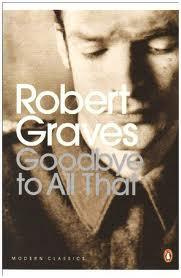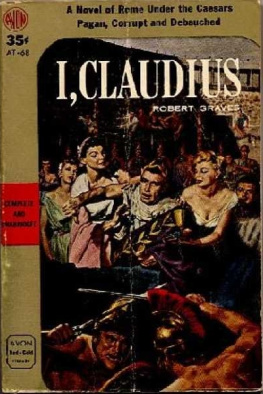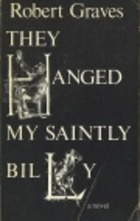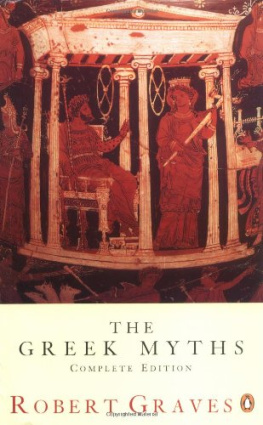PENGUIN MODERN CLASSICS
Sergeant Lamb of the Ninth
Robert Graves was born in 1895 in Wimbledon, the son of Irish writer Perceval Graves and Amalia Von Ranke. He went from school to the First World War, where he became a captain in the Royal Welch Fusiliers and was seriously wounded at the Battle of the Somme. After that, apart from a year as Professor of English Literature at Cairo University in 1926, he earned his living by writing. His mostly historical novels include I, Claudius; Claudius the God; Count Belisarius; Wife to Mr Milton; Sergeant Lamb of the Ninth; Proceed, Sergeant Lamb; The Golden Fleece; They Hanged My Saintly Billy; and The Isles of Unwisdom. He wrote his autobiography, Goodbye to All That, in 1929, and it was soon established as a modern classic. The Times Literary Supplement acclaimed it as one of the most candid self-portraits of a poet, warts and all, ever painted, as well as being of exceptional value as a war document. His two most discussed non-fiction works are The White Goddess, a study of poetic inspiration, and The Nazarine Gospel Restored (with Joshua Podro), an examination of primitive Christianity. He also translated or co-translated Apuleius, Lucan, Suetonius and The Rubiyt of Omar Khayym for Penguin, and compiled the first modern dictionary of Greek Mythology, The Greek Myths. He was elected Professor of Poetry at Oxford in 1961 and made an Honorary Fellow of St Johns College, Oxford, in 1971.
Robert Graves died on 7 December 1985 in Majorca, his home since 1929. On his death The Times wrote of him, He will be remembered for his achievements as a prose stylist, historical novelist and memoirist, but above all as the great paradigm of the dedicated poet, the greatest love poet in English since Donne. His Complete Poems, as well as many of his novels, is published in Penguin Classics.
ROBERT GRAVES
Sergeant Lamb of the Ninth

PENGUIN BOOKS
PENGUIN CLASSICS
Published by the Penguin Group
Penguin Books Ltd, 80 Strand, London WC2R 0RL , England
Penguin Group (USA) Inc., 375 Hudson Street, New York, New York 10014, USA
Penguin Group (Canada), 90 Eglinton Avenue East, Suite 700, Toronto, Ontario,
Canada M4P 2Y3 (a division of Pearson Penguin Canada Inc.)
Penguin Ireland, 25 St Stephens Green, Dublin 2, Ireland (a division of Penguin Books Ltd) Penguin Group (Australia), 250 Camberwell Road, Camberwell, Victoria 3124, Australia
(a division of Pearson Australia Group Pty Ltd)
Penguin Books India Pvt Ltd, 11 Community Centre, Panchsheel Park,
New Delhi 110 017, India
Penguin Group (NZ), 67 Apollo Drive, Rosedale, Auckland 0632, New Zealand
(a division of Pearson New Zealand Ltd)
Penguin Books (South Africa) (Pty) Ltd, 24 Sturdee Avenue, Rosebank, Johannesburg 2196, South Africa
Penguin Books Ltd, Registered Offices: 80 Strand, London WC2R 0RL, England
www.penguin.com
First published by Methuen & Co. 1940
Published in Penguin Classics 2012
Copyright Robert Graves, 1940
All rights reserved
The moral right of the author has been asserted
Except in the United States of America, this book is sold subject to the condition that it shall not, by way of trade or otherwise, be lent, re-sold, hired out, or otherwise circulated without the publishers prior consent in any form of binding or cover other than that in which it is published and without a similar condition including this condition being imposed on the subsequent purchaser
ISBN: 978-0-14-197097-4
Map 1
TRAVELS OF SERGEANT LAMB 1776 1777
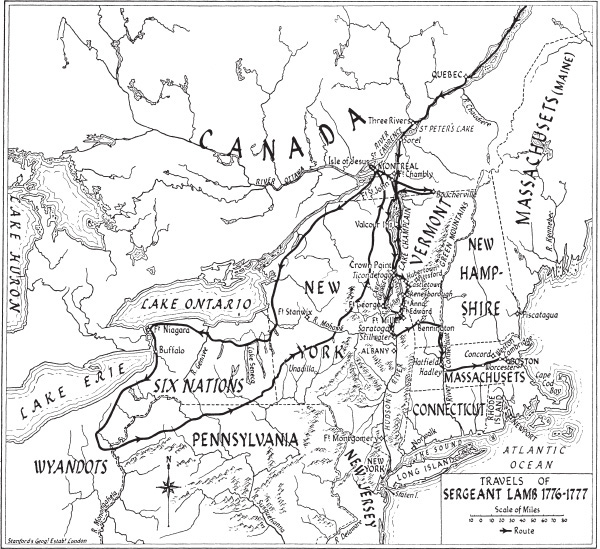
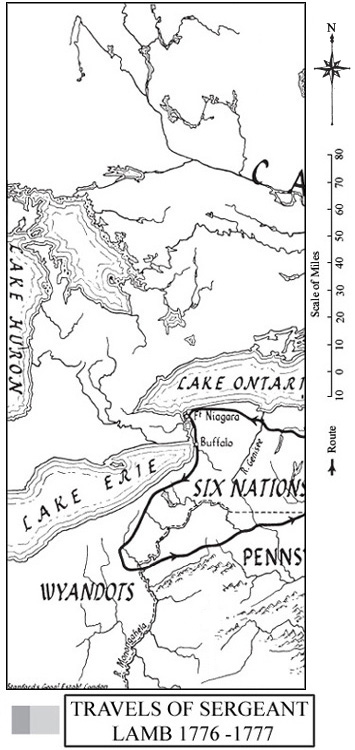
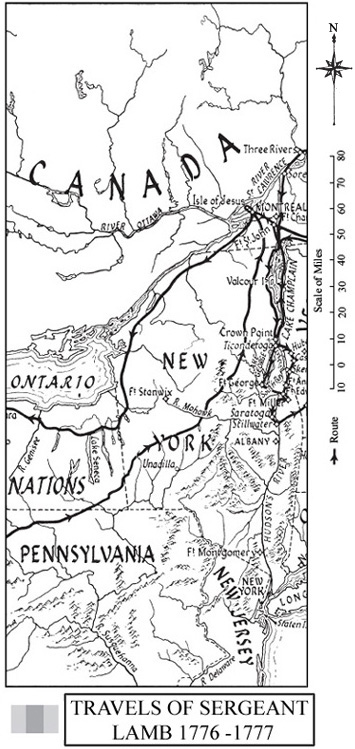
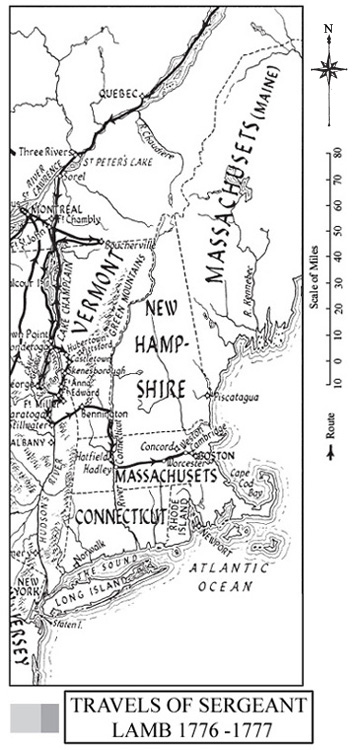
Foreword
I FIRST came across the name of Sergeant Roger Lamb in 1914, when I was a young officer instructing my platoon in regimental history. His experiences conveyed little to me at the time, because of my truly British ignorance of America and the Americans. However, I visited the United States twenty-five years later and stayed for some weeks with American friends at Princeton, New Jersey, where Washingtons defeat of the Hessian Division of the British Army was a proud tradition of the town. It happened to be the time when King George and Queen Elizabeth were being magnificently welcomed by the President and people of the United States; and as an Englishman I came in for my share of the popular warmth. I naturally remembered Sergeant Lamb as a representative British soldier of the period and looked up his story. This novel then suggested itself as a means of learning, as I wrote, why and how the Americans had separated themselves from the British Crown. These were for me very serious questions for I now regarded the American Revolution as the most important single event of modern times and I had found them as equivocally treated in American as in English text-books of history.
Since Sergeant Lamb of The Ninth is not presented as straight history, I have avoided footnotes or other documentation. All that readers of an historical novel can fairly ask from the author is an assurance that he has nowhere wilfully falsified geography, chronology, or character, and that the information contained in it is accurate enough to add without discount to their general stock of history. I am prepared to give that assurance. I have invented no main characters, not even Chaplain John Martin, Sergeant Buchanan, Dipper Brooks, or the child born at the Quakers house in the forest by Lake George. All the opinions on the war which are here put into the mouth of Lamb or quoted from his friends and enemies however shockingly they may read now are actual opinions recorded during the American War of Independence.
The letter reproduced as a frontispiece, by kind permission of the Lieutenant-Governor of the Royal Hospital, Chelsea, is the only one in Lambs hand that appears to be extant. It is addressed to General Calvert, the Adjutant-General of the Army, and went as covering letter to his manuscript Memorial, applying for an out-pension at the Hospital. It refers to adventures subsequent to those contained in this book: when, escaping from his American prison-camp, he became Sergeant Lamb of The Twenty-third, or Royal Welch Fusiliers. These make a long story in themselves.
The date of Lambs death is not known, the record having apparently perished when the Four Courts were blown up in 1922 by the Irish revolutionaries: but from information that Mr Dermot Coffey of the Irish Public Record Office has been good enough to supply, he appears to have lived until at least 1824. After his discharge from the Army in 1784 he became schoolmaster of the Free School at White Friars Lane, Dublin. He married Jane Crumer by banns in St Annes Parish Church, Dublin, in January 1786.
R. G.

